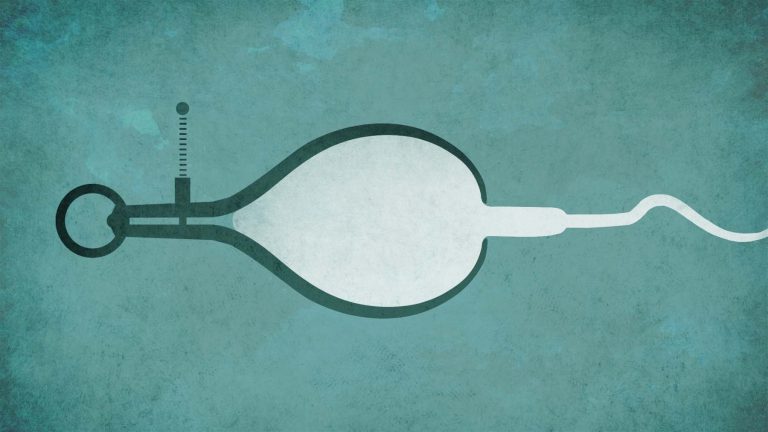When you begin to suspect you might have fertility problems, a lot of questions might come to mind. Take a minute and read through our answers to eight questions frequently asked by other people in your situation.
1. How long does it usually take to become pregnant?
On average, most couples – around 84% — will become pregnant within one year of having regular intercourse without contraception. However, every individual and every couple is different. Factors like age, health, and frequency of intercourse can make it more or less likely that you will conceive.
Generally speaking, the older a woman is, the less likely she is to become pregnant in any given month. For instance, women between the ages of 19 and 26 are 92% likely to get pregnant within one year of trying. By contrast, women between the ages of 35 and 39 are only 82% likely to get pregnant within one year of trying.
2. When should I seek professional fertility care?
If you’re under 35 and have been trying for a year without success, or over 35 and have been trying for 6 months, it is time to talk to your doctor. If you do not already have a doctor who specializes in fertility care, your family doctor or OBGYN can refer you to a specialist if one is needed.
Remember, getting pregnant takes time even when there are no problems. Try not to get too overwhelmed just because you don’t conceive in your first few months.
3. Do both partners need to have their fertility assessed?
Absolutely. Contrary to popular belief, women and men both experience infertility about equally often. In fact, for 25% of infertile couples there is more than one factor contributing to their infertility. Testing the fertility status of both partners up front will help the physician decide on the best treatment options.
4. What should I expect at my fertility care appointment?
The doctor will want detailed information on when you started trying to get pregnant, how often you’ve had intercourse, any medical conditions you or your partner may have, and any medications you or your partner take.
You might be asked a lot of personal questions about how stressed you are, whether you use drugs or alcohol, what your diet is like, and whether you have any sexual problems besides being unable to get pregnant. These questions are necessary for the doctor to determine the best types of tests to order.
Once the doctor has decided a plan of action, don’t hesitate to ask him or her any questions you may have about testing, treatments, and possible causes of your infertility.
5. How much will fertility care cost?
Costs can vary. It depends on many factors including your treatment plan, but be aware that sometimes fertility evaluation and treatment can be expensive. There is a huge range of costs associated with treating infertility. A less invasive procedure like IUI may only cost you a few hundred dollars, while a more advanced treatment such as in vitro fertilization can cost tens of thousands of dollars at the high end.
6. Will fertility care be covered by my insurance?
Sometimes. It depends on the particular treatment and the insurance company. Currently, coverage for infertility treatment is only required by law in 15 states. The National Infertility Association, Resolve, has a great resource on infertility insurance coverage.
7. How do I get started seeking fertility care?
Talk to your family doctor or your OBGYN. Tell them you have had difficulty becoming pregnant. They will be able to talk things through with you and then, if necessary, point you to a specialist.
8. Won’t it be embarrassing?
It might be uncomfortable for you to discuss private sexual matters with a stranger, but remember that this is your doctor’s job. They talk about these things every day. What’s important is that you have the best chance to add to your family.
Remember, the reason these questions are frequently asked is because infertility is a common problem. Dealing with infertility can be a long journey, but there are resources and support groups out there that may help you along the way.







